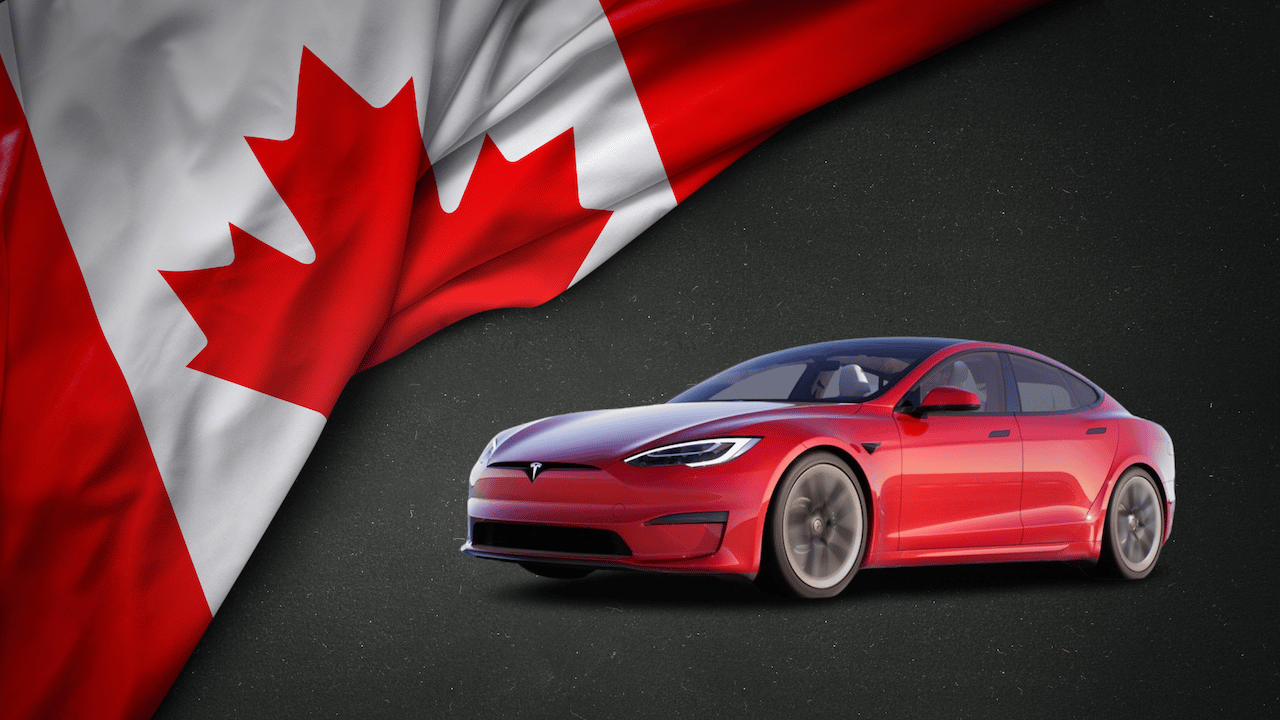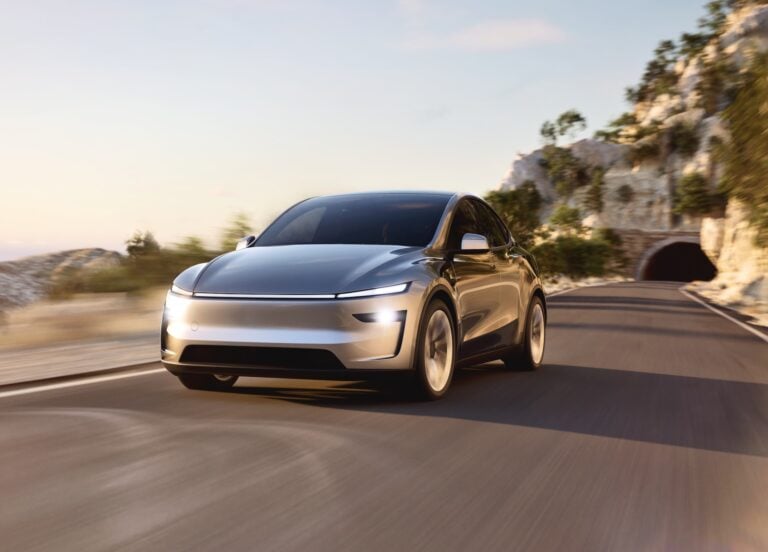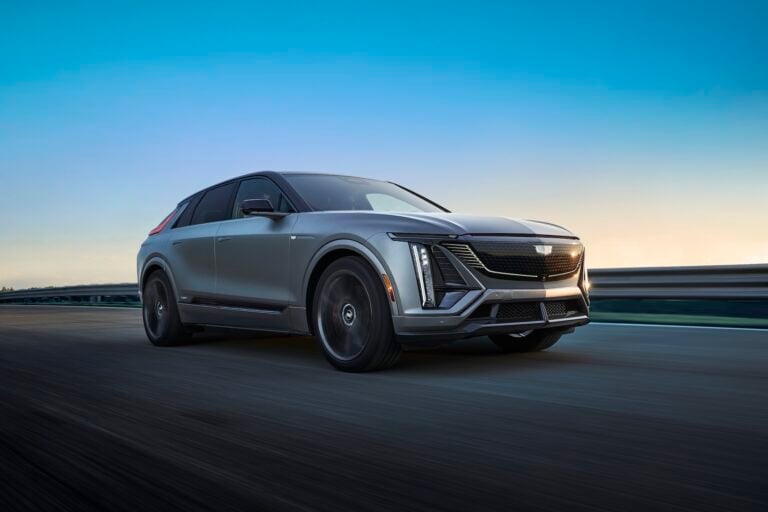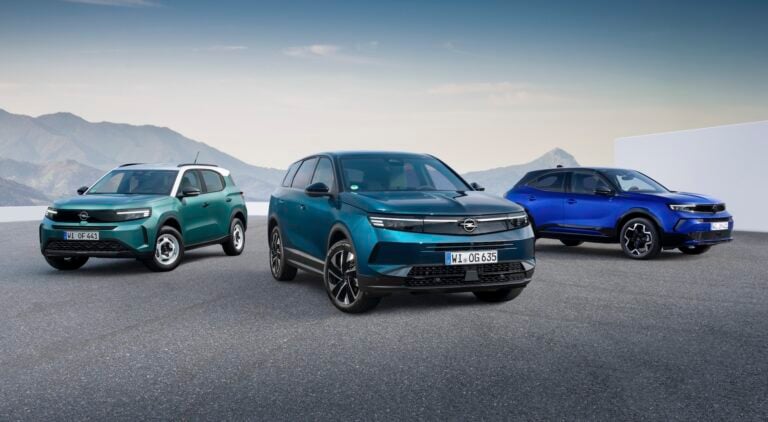More Unlikely to Consider an EV; Range, Cost and Climate Stand Out as Most Significant Objections
TORONTO – Both vehicle manufacturers and government officials have work to do as consumers in Canada trail those in the United States when it comes to electric vehicle purchase consideration. According to the inaugural J.D. Power Canada Electric Vehicle Consideration (EVC) Study, SM released today, 53% of consumers in Canada say they are either “very unlikely” or “somewhat unlikely” to consider an electric vehicle (EV) for their next vehicle purchase. That number stands in contrast to the United States, where 59% of consumers say they are either “very likely” or “somewhat likely” to consider an electric vehicle for their next purchase.
“There are several unique systemic challenges in Canada upon which manufacturers and policymakers need to collaborate to effectively navigate the transition,” said J.D. Ney, director, automotive practice lead at J.D. Power Canada. “The good news is that EV consideration increases dramatically across a number of metrics once consumers are either better informed on the capabilities of the newest EVs or, better yet, have personal experience with them.”
Following are key findings of the 2022 study:
- Cost is a metric to watch: Six in 10 consumers (61%) who say they are unlikely to consider an EV cite purchase price as a factor. This compares with only 44% of consumers in America who say the same. While those in Canada have access to an incentive program at the federal level, many provinces lack meaningful incentives to help bridge the significant gap between the purchase price of traditional internal combustion engine (ICE) vehicles and EVs.
- Range anxiety still a detriment: Limited driving distance per charge is cited by 65% of those who say they are “somewhat unlikely” or “very unlikely” to consider an electric vehicle compared with 44% of consumers in America with a similar consideration level. Canada’s colder climate also likely plays into this reticence, with 44% citing range performance in extreme temperatures as a barrier to consideration.
- More information engenders more consideration: The more experience that consumers have with EVs, the more likely they are to consider an EV for their next vehicle purchase. The likelihood of electric vehicle consideration is just 15% among those who have had no experience with these vehicles. That number jumps to 22% among those who have been passengers in an EV and to 42% among those who have driven one. Nearly half (49%) of those who own an EV will consider another EV for their next vehicle purchase.
- EV consideration by geographic location: The rate of EV consideration is highest in Western Canada, with 59% of consumers in British Columbia indicating interest in EV ownership. Residents of Quebec (50%) and Ontario (47%) have middling interest in EV ownership, while the Prairie (38%) and Atlantic Canada residents (35%) show the least interest.
The Canada Electric Vehicle Consideration (EVC) Study will be utilized as an annual industry benchmark for gauging EV shopper consideration. Study content includes overall EV consideration by geography; demographics; vehicle experience and use; lifestyle; and psychographics. It also includes model-level consideration details such as cross-shopping and “why buy” findings, and an analysis of reasons for EV rejection. The study measured responses from 3,701 consumers and was fielded in April-May 2022.








